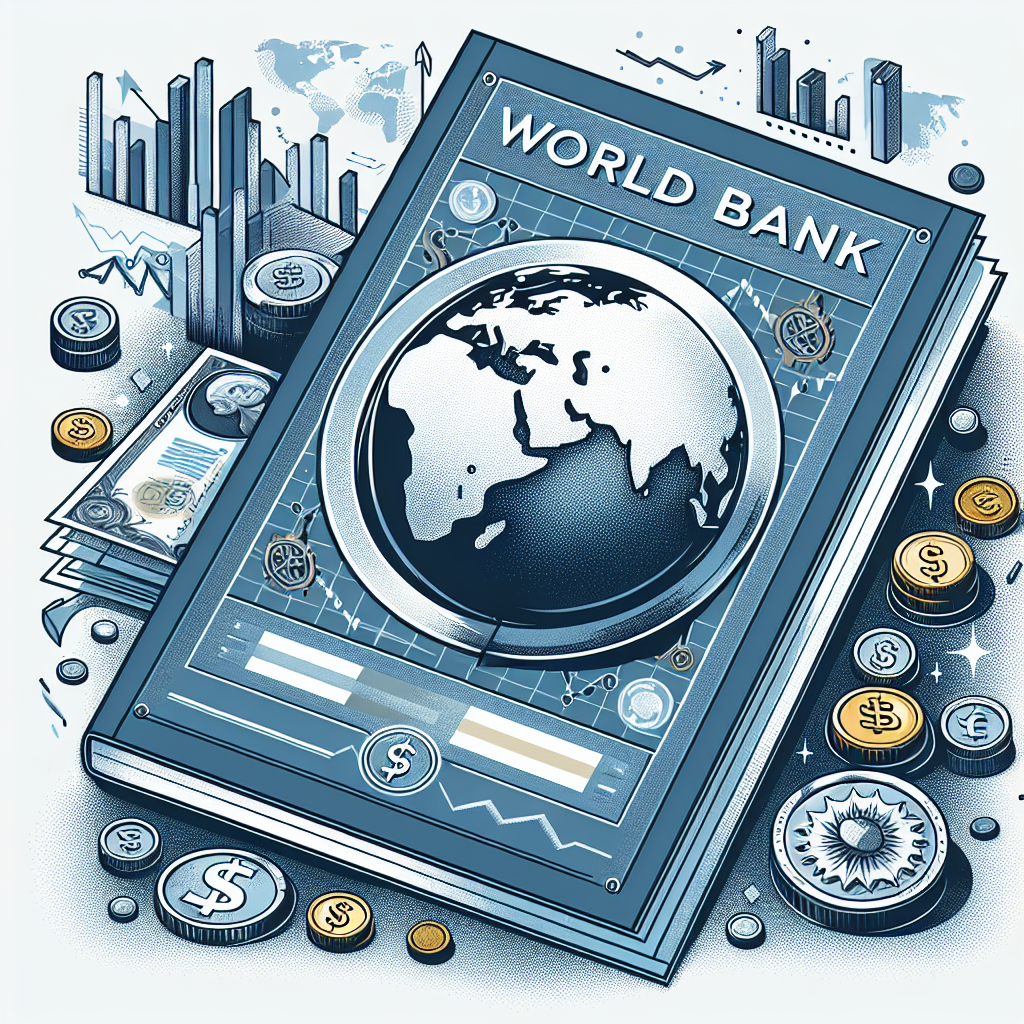World Bank Reports Outline Strategies for Strengthening Mongolia’s Financial and Private Sectors
The first report, Building the Foundations for Financial Sector Development, identifies key reforms to address vulnerabilities in Mongolia’s banking sector and foster broader market development.

Two new World Bank reports unveiled today provide detailed policy recommendations for fortifying Mongolia’s financial systems and boosting its private sector competitiveness. The reports acknowledge Mongolia's progress in reforms and climate commitments but highlight the need for better coordination and implementation among government agencies to maximize impact.
The first report, Building the Foundations for Financial Sector Development, identifies key reforms to address vulnerabilities in Mongolia’s banking sector and foster broader market development.
Mongolia’s private-sector credit has declined sharply from 60% of GDP in 2013 to just 41% in 2022, reflecting banks’ reluctance to extend credit due to high risk exposure. The concentration of assets within the top three banks, which hold 80% of total banking resources, further exacerbates systemic vulnerabilities.
The report outlines several priority actions:
Strengthening the Bank of Mongolia: Enhancing the independence, governance, and oversight of the central bank to ensure sound monetary and financial policies.
Improving Credit Access: Expanding credit information-sharing systems and enhancing contract enforcement mechanisms, including judicial reforms and out-of-court resolution processes.
Restarting Government Securities Issuance: Establishing a liquid domestic government securities market to support capital market growth and stabilize foreign exchange operations.
“An efficient financial sector is critical for Mongolia’s long-term development. Addressing structural bottlenecks in credit systems and enabling risk management for banks will unlock new opportunities for private-sector growth,” said Taehyun Lee, World Bank Country Manager for Mongolia.
Boosting Mongolia’s Private Sector and Green Competitiveness
The second report, Boosting Mongolia’s Private Sector and Green Competitiveness, highlights strategies to stimulate investment and diversify Mongolia’s economy beyond its dependence on mining.
Key recommendations include:
Simplifying Regulations: Streamlining bureaucratic processes through digital platforms to improve the business climate.
Enhancing SME Capacity: Supporting small and medium enterprises (SMEs) with tools like quality certification programs, technology adoption incentives, and access to financing.
Fostering Public-Private Partnerships in Green Growth: Encouraging investments in renewable energy, energy-efficient manufacturing, and sustainable agriculture.
Mongolia’s renewable energy sector holds significant potential, with opportunities to harness wind and solar energy to reduce dependency on fossil fuels and support international climate goals. The report urges coordinated efforts to attract private capital and develop infrastructure to make green investments more viable.
Implementation as the Key to Success
Both reports stress the importance of cohesive, well-coordinated policy implementation to ensure these reforms deliver meaningful outcomes. While Mongolia has demonstrated commitment to economic and environmental reform, effective inter-agency collaboration remains essential for progress.
“Creating a stable and predictable environment for private investment, alongside a robust financial sector, will be pivotal in driving Mongolia's diversification efforts,” added Lee.
Looking Ahead
As Mongolia strives for a more resilient, equitable, and diversified economy, these World Bank recommendations provide a roadmap for aligning financial and private-sector reforms with the country's development goals. With sustained effort and coordination, Mongolia can unlock its economic potential and position itself as a regional leader in green growth and sustainable development.
- READ MORE ON:
- World Bank
- Mongolia










